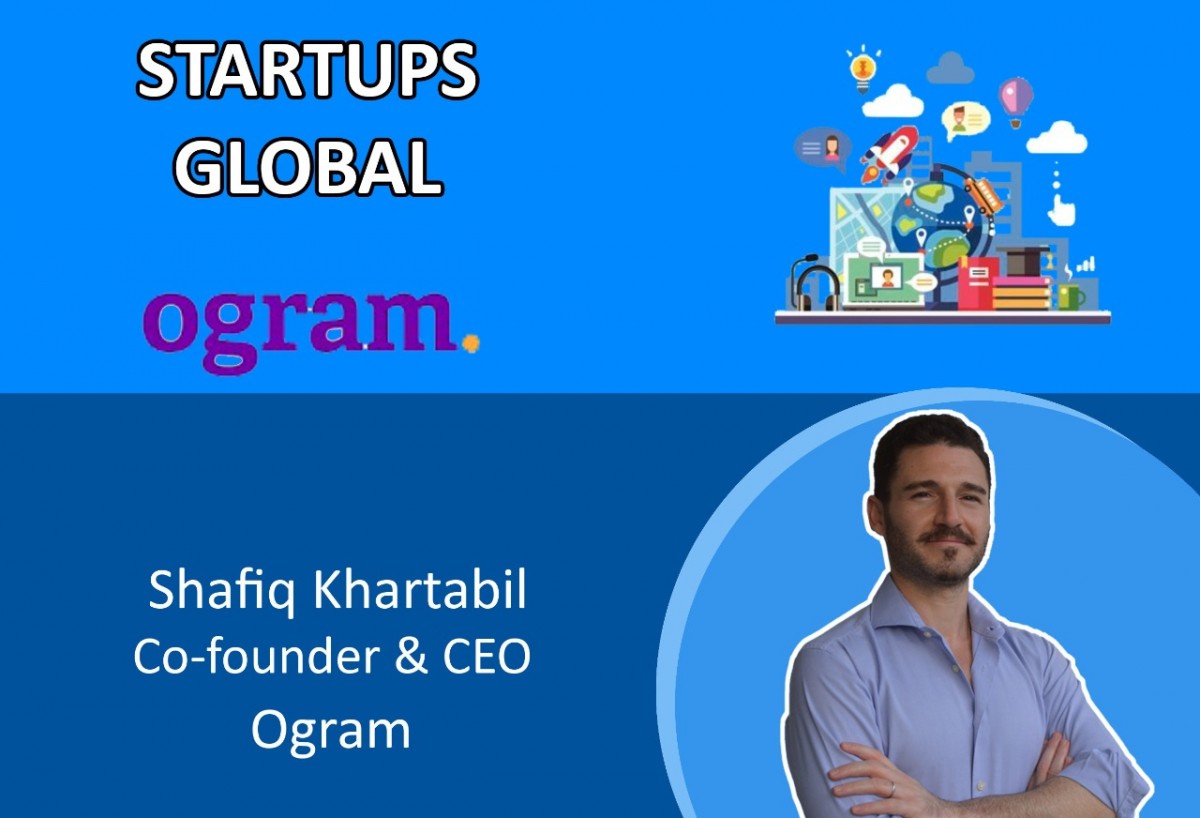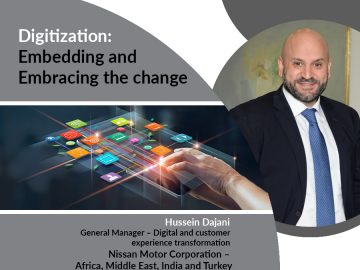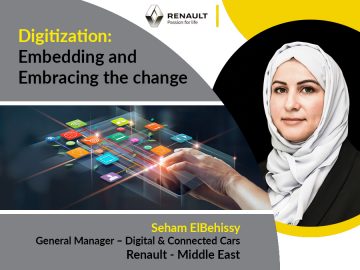Shafiq Khartabil Co-founder & CEO of Ogram while in conversation with Daily NewsPK, explained how they are addressing staffing issues for temporary roles across UAE in several sectors.
1. What led you to create ‘Ogram’? When was it founded?
We created Ogram as a means to solve a pain point that my co-founder Karim Kouatly and I faced in the hospitality sector, which was inflexible and costly staffing solutions that were not suitable for on-demand ad-hoc business requirements. Our mission is to push the global labour market towards a more flexible modus operandi, shaping the future of the gig economy. We started operating in December of 2016 and since then have been optimizing our offline operation, solving the pain points, and really defining the product.
2. What is the core service/solution you are providing? What are the pain points that you are targeting and what is the key differentiating factor from similar offerings?
Ogram is a supply and demand matching platform connecting talent to temporary roles across several sectors in the UAE. We facilitate service providers to find opportunities with businesses that have an ongoing need for staffing, as well as, seasonal businesses that want to optimize their staffing costs and scale up their staffing quickly. The only alternative solutions available in the market are more traditional means of manpower, that do not provide a virtual platform for gig-workers to avail job opportunities, or businesses the flexibility of scaling up or down their manpower requirements effectively.
3. What are the parameters to measure client satisfaction?
Net Promoter Score to determine how likely a user would recommend a friend, The Sean Ellis Test to understand how a user would feel if they could no longer use our service, HEART methodology: Happiness to understand user experience, Engagement to understand user level of involvement with the product, Adoption to understand how successful we are in attracting new users, Retention to understand how many users see value in the product, and Task Success to measure how effective and efficient was the overall user experience. Reviews will also be a feature available on our platform whereby, Employers and Workers can rate each other.
4. What is your future outlook and what do you stand to achieve by next year?
The gig economy is the future of work – we really believe that multiple jobs will be the norm for future generations and we plan to be one of the first movers in the region and, eventually, hope to be a dominant player in the global space. Next month, we plan to test the beta version of our virtual platform with our existing user base and, following this, we expect to officially launch the first versions of the client and service provider applications. Our platform will optimise our user journey, allowing customers to seamlessly book, manage and pay for their services and offering service providers the convenience of accepting and managing their jobs directly with employers. We continue to selectively hire good talent with experience in taking a product to market, and are focused on creating value for our users, as well as, growing our revenue streams. We have short-term plans to scale into other parts of the region and long term plans to expand globally.











